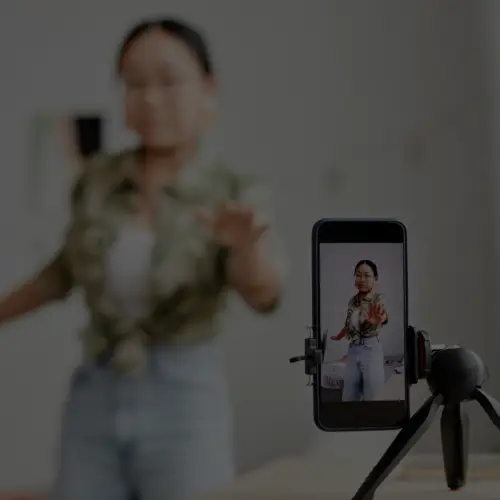12 May 5 Target Audiences to Consider Besides Millennials
 If you’re reading this, I would assume it’s because you’re also tired of hearing the word “Millennials.” I’ll give on the fact that they are now the largest living population and therefore own a large chunk of purchasing power. They’re also the most active on social media. Not to mention that a recent study says they primarily rely on social media for shopping news and information, which shouldn’t go unnoticed for social media marketers.
If you’re reading this, I would assume it’s because you’re also tired of hearing the word “Millennials.” I’ll give on the fact that they are now the largest living population and therefore own a large chunk of purchasing power. They’re also the most active on social media. Not to mention that a recent study says they primarily rely on social media for shopping news and information, which shouldn’t go unnoticed for social media marketers.
However, the term itself is overgeneralized, overused, and widely misunderstood. If you’re not sure [all] Millennials are really your target audience, let me introduce you to 5 others that can really help you to achieve your social media goals.
Baby Boomers:
83% of Baby Boomers have a Facebook account. (88% of Millennials report a Facebook account.) So if you think social media marketing is only for the young guns, think again. This older group is not as likely to opt into interaction with brands, but don’t discount their time spent on the network. To appeal to Baby Boomers in social media, you may want to take a less “bold” approach and work your brand into content they would naturally share and consume in their feeds.
Gen X:
It’s estimated that Gen X teens have $43 Billion in purchasing power, and influence another $600 billion in terms of their family spending, which means this group should not go unnoticed. Social media is deeply ingrained with their identities, and they aren’t as opposed to seeing branded content in their feed so long as it’s native and natural to their daily consumption on the channels. Influencers are increasingly the best way to reach them, as they’re spending more time on smaller channels where it’s unlikely your brand has a robust presence.
The Older Millennials:
When we speak generally about Millennials, we tend to forget the significant life changes/stages that occur in our 20’s. I’ve heard these Millennials be referred to as “Mature Millennials,” and that seems to be a better description for Millennials that share psychographic and lifestyle traits such as becoming homeowners, parents, and/or living with someone in a committed relationship. These older Millennials are more likely to play on channels such as Facebook and LinkedIn, and less likely to be Snapping their friends as the younger group.
Male v. Female Millennials:
There are distinct differences in how the Millennial sexes are using social media. (We think it’s so important to know these differences, that we’re actually hosting a webinar about it on May 18th.) If you’re targeting Male Millennials, know that their activities and the channels they use are different than their female counterparts. You’re more likely to reach them through passive content consumption and great customer service than asking them to become your brand advocates, like a female Millennial.
B2B Marketers and Business:
In our work with large B2B organizations, we also know that social media for work is something employees segment. We consider it to be different than our personal social media activities and interests. There’s a large group of people who resist the urge to use social media at all for personal, but invest time and energy into using it for their own businesses, the companies they work for, and for professional networking. Even if you’re managing a B2C brand, these people can be ambassadors for your brand as employees, aspiring employees, or just admirers of your companies. To reach this audience, you can promote the inter-workings of your company, brand innovation, your forward-thinking stances on specific issues, etc. This group is likely to share that content as part of their own “business” and thought-leadership, in turn propelling your social media marketing efforts beyond the day to day consumer.
These are just a number of ways to consider additional psychographic and demographic groups as part of your social media marketing. If you’re unsure of how you’re tackling your social media marketing strategy and how to speak uniquely to different targets on different channels, maybe you’re in need of a social media marketing audit. (Don’t worry. We can help with that!)






